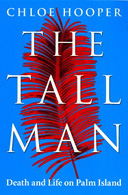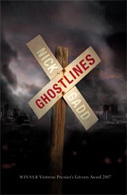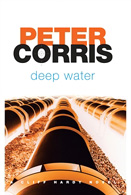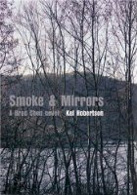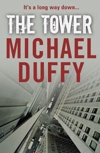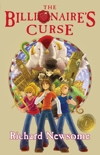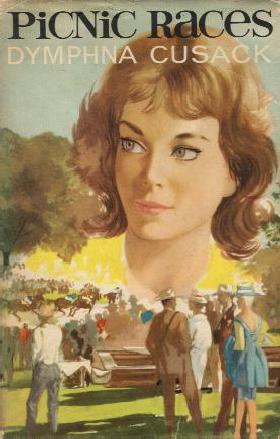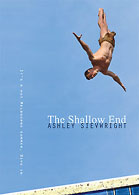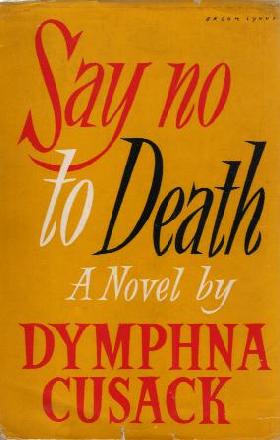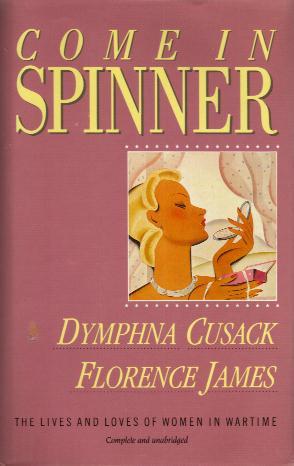It is a wise child, they say, that knows its own father. There are signs that literary Melbourne to-day is getting wisdom and discoveiing its forefathers. In the 'sixties and 'seventies there lived a number of writers with more unity than any in Melbourne since then. After having been forgotten among us for many years these writers are now once more in the forefront of our minds. The work that several of them did was never published in book form, but there were others who provided us with the beginnings of our permanent work. Writers of fugitive or permanent type, they met together, with a shared enthusiasm, and to look back at their period is to be invigorated by the spectacle. It is becoming more possible to look back. Within recent years there have been complete volumes of Kendall and Gordon, and quite lately the original and very long version of Clarke's "Term of His Natural Life'' has appeared in a book as heavy as a dierctory. Again, two years ago there was a revival of interest in the poet R. H. Horne, called "Onion" Horne in honour of his chief epic poem, of which there was an Australian edition. Others in the group were journalists who had significance in their time, and who did their part in recognising letters as a craft. Such men Gordon had in mind when transposing his own experience he wrote "The Sick Stockrider":-
Even the yarns Jack Hall invented, and the songs Jem Roper sung:
-And where are now Jem Roper and Jack Hall?
George Gordon McCrae.
Some day a solidly imaginative history may be written round this group of 1870 or so, and if it succeeds in including not only those four names of well-known writers, but also some that were, for all their human significance, ephemeral, this success will partly be due to the attentiveness of another distinguished writer and onlooker of the day, George Gordon McCrae. Round about 1870 McCrae, a civil servant, was working on a poem of his own, "The Man in the Iron Mask," but he was in touch with the other writers and following their fortunes. Looking back those figures seem to us to be as firmly established as milestones, which for us they are. In their own eyes, though, they were as frail as sea-foam - they had no hold on life at all. It was because of a desire to give some continuity and steadiness to literary life in Melbourne that the Yorick Club had been formed in 1868, with Marcus Clarke, then aged only 23, as secretary. The club attracted anyone who wrote. It soon included Gordon, and later Kendall. Horne had, I think, by this time returned to England after 17 years in Australia, but his personality still lingered in men's minds, and McCrae particularly kept in touch with him.
Here you had, then, the Yorick Club of Melbourne. Marcus Clarke had by now been several years in Melbourne. Beginning as a bank clerk he had found that his arithmetic was too imaginative, too merely suggestive, to yield to the exact results required by a stern directorate. His talents pointed to journalism. Here again he was to be horrified by a demand for some degree of literalness. Writing brilliantly enough as theatrical reporter for "The Argus," "he one night took it upon himself to criticise a performance which, owing to the indisposition of the chief performer, did not come off." He found himself no longer on the staff, but he continued as a contributor, writing also as the "Peripatetic Philosopher" for "The Australasian." Versatile, precocious, brilliant, he ran a satirical journal, "Humbug," in 1869, gathering together the best wits of the day and evoking what otherwise would have remained unwritten. Kendall was with him in this to some extent, but when it broke down - and it could not last long - Kendall went to Sydney, and Clarke made his famous journey to Southern Tasmania, gathering material and impressions for his gigantic serial that was to run - or rather to hop intermittently - through the "Australian Journal" soon after.
Kendall, Gordon, and Clarke.
As for Gordon he came and went. A note, he wrote to Clarke in Melbourne has been often quoted:-
Yorick Club.
Dear Clarke. - Scott's Hotel, not later than 9.30 sharp. Moore will be there. Riddock and Lyon, Baker and the Powers, beside us; so if "the Old One" were to cast a net - eh? - Yours,
A. LINDSAY GORDON
It is Improbable that their wickedness consisted of anything worse than poverty. In nouveau riche Melbourne of 1870, though,poverty was peculiarly unbearable. Writers, moreover, were not, resigned to it. They actually expected to make a living as wriiters. In later periods that expectation, in our commercial civilisation, has almost always been abandoned. Poets have made their living at anything else, from shopkeeping to teaching or politics, and have done their real work, their life-work, in what time they could call their own. To this attitude Kendall, Gordon, and Clarke were not resigned. Undeterred by the record of Poe's treatment in America, they were astonished, as Kendall put it, by
the lot austere
That waits the man of letters here.
Before the end of 1870 Gordon was to declare his assets at 1/ and put a bullet through his brain. Kendall died some years later exhausted by the struggle. Clarke, barely 35, died in 1880, his death being directly due to a succession of financial troubles, not wholly his own, with which he ought never to have been burdened. The fact is that the literary group had not recognised the nature of the plutocracy in which it lived. Money was to them an unnecessary evil, a matter for jest or for despair. When it was a jest, they formed a new club, the Cave of Adullam; "to this only a very select body of members was admitted, the selectness in this case necessitating that a member should be happily impecunious, and, if possible, be hunted by the myrmidons of the law.'' When it was not a jest - well, we can follow the actual brief lives, and the deaths, of Gordon, Kendall, and Clarke.
Such were our literary "fathers." ln a sense they died leaving no posterity; we have begun again on another footing, both financial and literary. Yet if they were alive to-day some of their phrases, some of their liveliest hopes, would be our own; and the world they lived in was this Melbourne that we know.
First published in The Argus, 31 May 1930
[Thanks to the National Library of Australia's newspaper digitisation project for this piece.]
